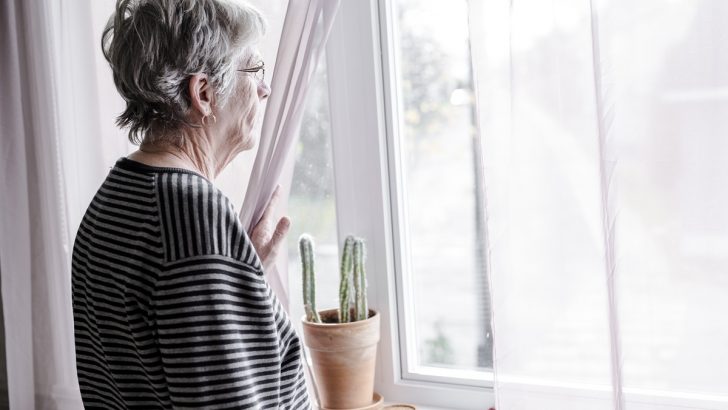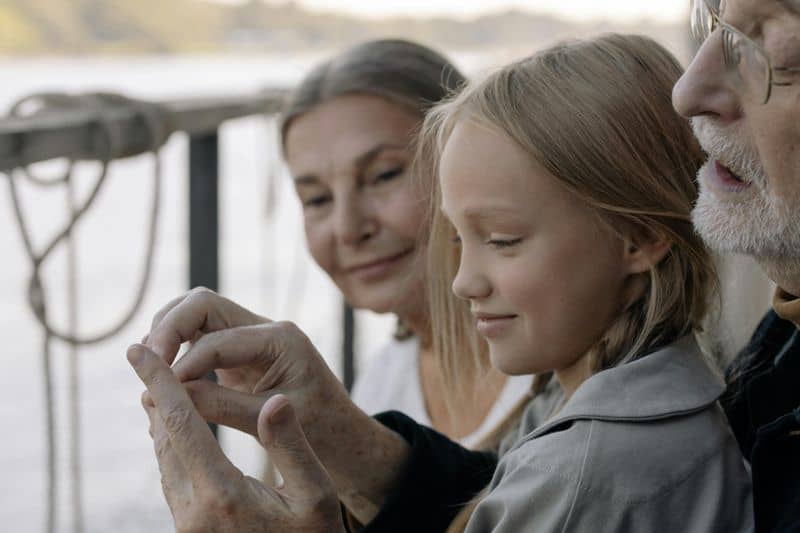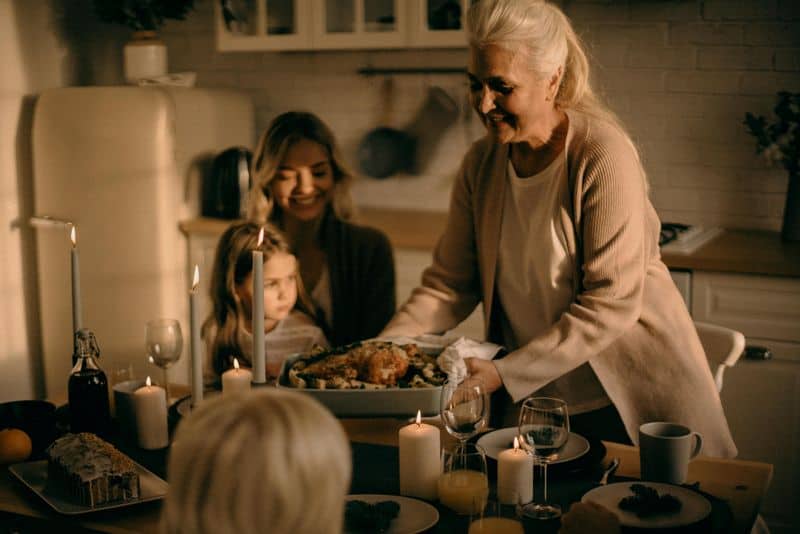Death is something we all face, yet many of us are scared to even think about it. This fear can stop us from living fully and enjoying our time here.
The good news is that we can learn to make peace with our mortality. Here are practical ways to help calm those worries about death and focus more on living well.
1. Face Your Fears Head-On
Avoiding thoughts about death often makes fear grow stronger in the shadows of our minds. Try setting aside a specific time to think about your mortality in small doses. Write down what exactly scares you about death.
Is it pain, the unknown, or leaving loved ones behind? Breaking down these fears makes them less overwhelming. Many people find that confronting death directly through books, discussions, or even visiting cemeteries can reduce anxiety over time.
2. Build Your Support Circle
Talking about death doesn’t have to be lonely or scary. Find friends, family members, or support groups where you can openly share your thoughts and fears. These conversations often reveal that your feelings are normal and shared by many others.
Sometimes just saying your fears out loud takes away some of their power. Local hospice organizations often host grief and death anxiety groups led by professionals who understand these concerns deeply. Online forums can also connect you with others on similar journeys.
3. Connect With Spiritual Practices
Many people find comfort in spiritual beliefs that provide frameworks for understanding death. Whether through organized religion, meditation, or personal spiritual exploration, these practices often offer perspectives that ease fear.
You don’t need to be religious to benefit from spiritual thinking. Simply contemplating the cycles of nature or considering philosophical views on existence can bring peace. Ancient wisdom traditions from around the world offer rich insights about mortality that have comforted people for centuries.
4. Create Lasting Legacies
Making a positive mark on the world helps many people face mortality with greater ease. Consider what gifts, knowledge, or values you want to leave behind. This might mean creating art, mentoring others, writing your life story, or supporting causes you believe in.
Legacy work shifts focus from fear to purpose. Even simple acts like planting trees or teaching grandchildren family recipes can provide satisfaction. The knowledge that parts of you will continue through your impact on others brings comfort to many who struggle with death anxiety.
5. Live Fully in the Present
Fear of death often steals joy from the present moment. Mindfulness practices help train your brain to focus on the here and now rather than worrying about the future. Something as simple as really noticing the taste of your morning coffee or the feeling of sunshine can anchor you.
When you catch yourself spiraling into death anxiety, gently bring your attention to your breathing or name five things you can see right now. Living with presence doesn’t mean ignoring reality – it means experiencing life more richly while you have it.
6. Seek Professional Guidance
Severe death anxiety might benefit from professional help. Therapists trained in cognitive behavioral therapy can teach specific techniques to manage overwhelming fears. They provide safe spaces to explore these difficult emotions without judgment.
Therapy doesn’t mean something is wrong with you – it’s a tool for growth. Many people find that just a few sessions bring significant relief. If medication seems necessary, psychiatrists can help determine if short-term anxiety medication might help while you develop coping skills.
7. Embrace Healthy Living
Physical wellbeing profoundly affects our mental state. Regular exercise naturally reduces anxiety by releasing mood-boosting chemicals in your brain. Good sleep, nutritious food, and limited alcohol all help maintain emotional balance when facing difficult thoughts.
The mind-body connection works both ways – caring for your physical self helps calm your mind. Some people find that improving their health gives them a sense of control that counters helpless feelings about mortality. Remember that the goal isn’t necessarily living longer but living better during whatever time you have.
8. Practice Gratitude Daily
Focusing on what you’re thankful for shifts attention from what you’ll eventually lose to what you currently have. Try keeping a gratitude journal where you list three good things each day, no matter how small.
Research shows that grateful people experience less death anxiety. The practice helps build appreciation for life’s gifts rather than fixating on its end. Simple moments like watching a sunset or laughing with friends become treasures when viewed through gratitude’s lens.
9. Learn From Those Who Face Death
Hospice workers, elderly individuals, and those with terminal illnesses often develop wisdom about mortality that can help others. Their perspectives frequently surprise people – many report finding peace and even beauty in accepting death’s reality.
Books like “Being Mortal” by Atul Gawande share these insights. Volunteering with hospice organizations allows direct learning from those nearing life’s end. A common theme emerges: most people ultimately fear a bad death more than death itself, and understanding this distinction helps manage anxiety.
10. Celebrate Life’s Cycles
Nature constantly demonstrates that endings make way for new beginnings. Watching seasons change or gardens grow can help us see death as part of a larger pattern rather than just an ending.
Many cultures honor this understanding through celebrations like Day of the Dead that acknowledge death while celebrating life. Creating your own rituals around natural cycles can deepen this perspective. Remember that acceptance doesn’t mean looking forward to death – it means recognizing it as a natural part of existence that doesn’t need to dominate your thoughts now.











